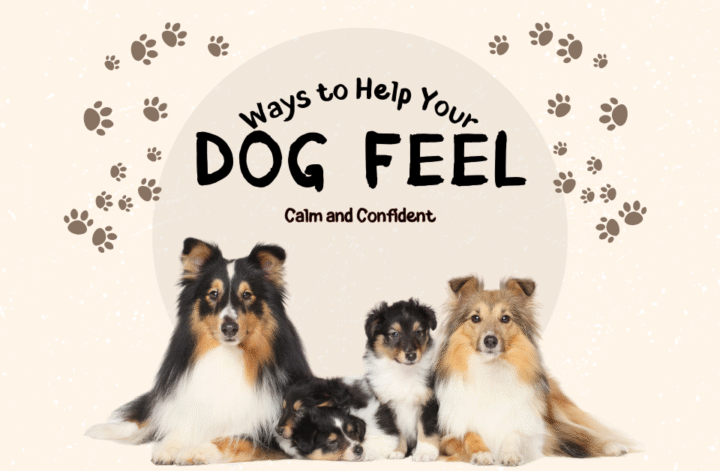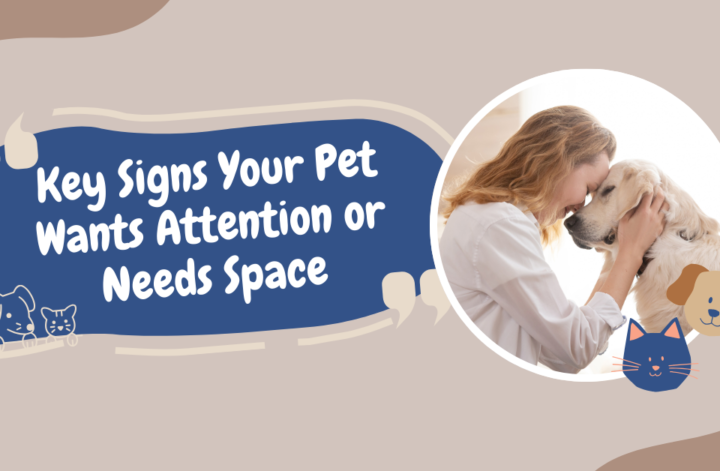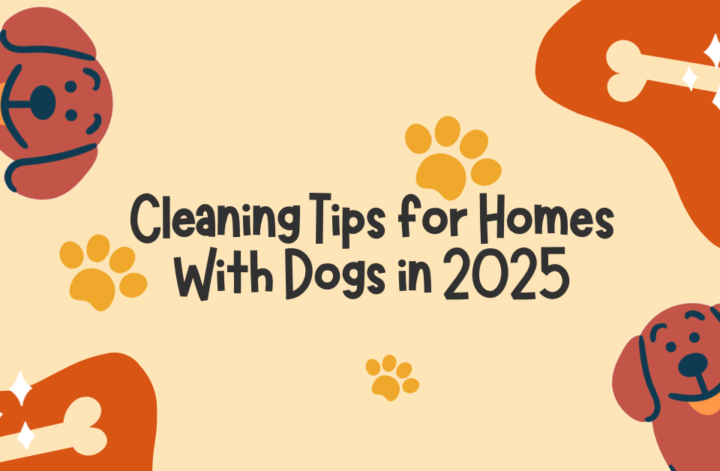Similar to human beings, dogs may have difficulties with insecurities and self-esteem. Having a self-assured dog not only adds to their overall health but is also vital in coexisting with your pet harmoniously. The confidence of a dog is typically developed through experiences at an early age and by how they grow up. Read below for the full guide to raising your canine companion to be a self-assured and well-settled pet.
Begin with simple obedience
As we do not know when we will meet someone who may make dogs fearful, it is safer to be ready at all times. Walk them for long distances while monitoring their triggers. Do not forget to carry some tasty treats. If your dog is not very interested in treats, you may be able to get their attention with a game of tug.
Begin well out of sight of frightening things
Dogs can take only so much tension before they crack under it. The more anxious you make your dog by coming near the terrifying thing, the worse the nervousness will become. It is essential to be patient and not advance past the limit too hastily when training an anxious dog. Take a step towards the unfamiliar, terrifying dog or individual slowly from afar until your dog starts to accept the object.
Increasing exposure
When you don’t introduce dogs to unfamiliar sights, noises, odors, or environments, they tend to acquire fear. As a parent to your dog, you ought to introduce them to one new experience every week. For purposes of building confidence in older dogs, you can also introduce them to new experiences. Take them for walks in new landscapes and environments, or socialize them with new people or canines.
Establish safe boundaries
Creating a safe sanctuary where your dog can retreat to calm down may prove useful, depending on the source of their anxiety and aggression.
Positive reinforcement may serve to reassure them that all will be well. Additionally, you can teach your dog proper and improper behavior. This highly enhances your dog’s self-confidence in their capability to make choices for themselves.
Consult a professional
Visit your vet immediately if your pet shows you signs of aggression and fear in contact with other dogs or humans. To be certain there is no underlying issue, they may wish to conduct a full checkup. If not, they may be able to help you locate a dog behaviorist who can offer further assistance for both yourself and your pet.




